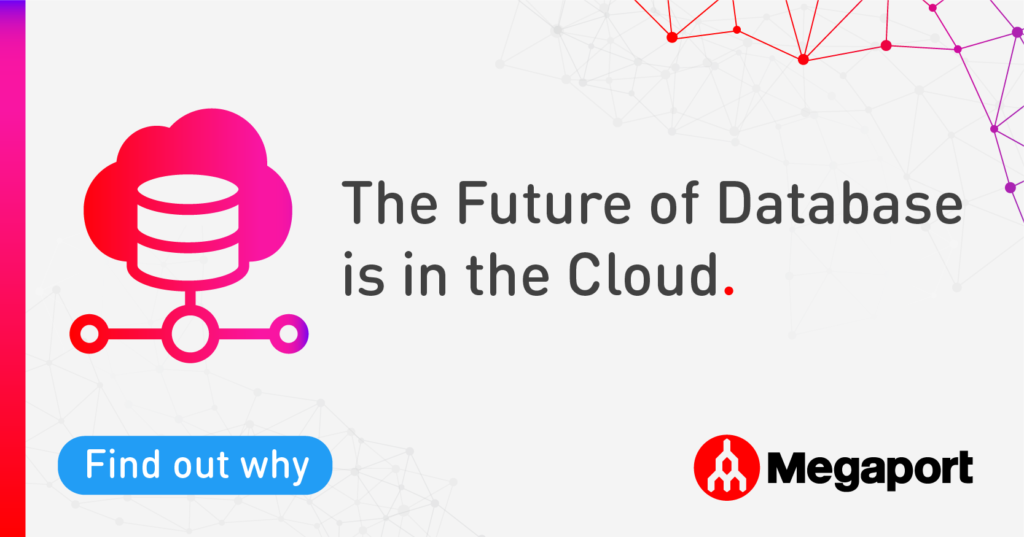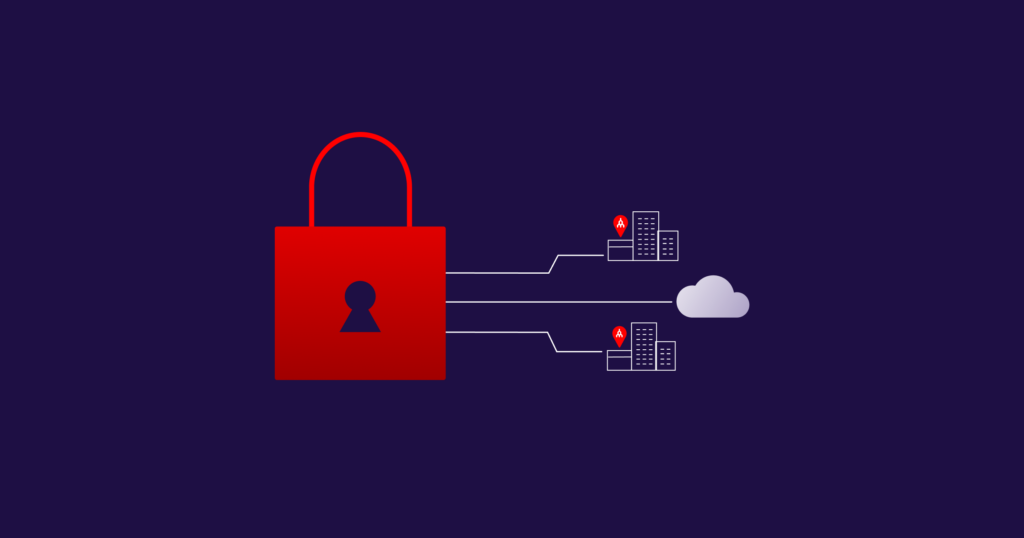
The Future of Database is in the Cloud
- October 16, 2019
- RSS Feed
75% of databases will be deployed in the cloud by 2022. Here’s why connectivity is more important than ever.
While the cloud is now a mainstay for all kinds of IT workloads, key systems like core databases are still often kept on-premises. But that looks like it’s starting to change.
According to Gartner, 75% of all databases will be deployed or migrated to a cloud platform by 2022. While many organisations were uncertain about moving back-office systems like the database offsite, that view is clearly changing. Here’s why this shift is happening, and what it means for your data centre connectivity.
Data is better when it’s shared
As the business landscape becomes more competitive, organisations are now seeing their data – and the insights within it – as a source of competitive advantage. The question then is how to share these data-driven insights with as many people across the businesses as possible.
As you might expect, the answer is to take it to the cloud. That way, data can be accessed by any person, in any location, and on any device.
Shared data between people and systems
Far from just sharing enterprise data with all the relevant people in your business, the cloud is also helping share data between different systems.
By bringing all data to the cloud, you have an easy way to integrate all your business intelligence, without having to work out how to get data between different physical sites. And when you bring all this data together, you get richer, more accurate insights that can help the business make even better-informed decisions.
More importantly, having a broad set of data from across your IT systems will be critical for training AI and other machine learning algorithms you want to use in the future.
Why has it taken so long for databases to move to the cloud?
While data lakes, data warehouses and other big data repositories have long resided in the cloud, core back office databases have been seen as better kept on-premises.
With so much confidential data stored in the database, security and compliance is a natural concern that can keep the cloud from being a serious option. And for public sector organisations and those other heavily regulated industries, the need for data sovereignty has also kept critical data out of the cloud.
However, as the cloud has become more secure, it’s quickly being seen as a compelling option for core databases. And as cloud providers set up data centres in more countries, there’s also fewer data sovereignty and compliance issues holding enterprises back from using cloud database platforms.
To get the most out of cloud databases, connectivity is key
While the cloud can offer the security, ease of access and integration needed to safely unlock more data-driven insights, your experience with cloud database systems will hinge on the quality of your connectivity.
Public internet access, for instance, can lead to poor uptime and latency that interferes with the quality of your service. While cross connects can solve these issues, the long lead times and inflexibility of dedicated connections can make it difficult to integrate data from lots of different providers – undermining one of the biggest benefits of the cloud.
Software-defined networking solutions help address these issues, offering the stability and speed of cross connects, with the flexibility and rapid provisioning of virtualised networking.
That’s exactly what Megaport provides. Since 2013, our software-defined connectivity has helped organisations get even more from their cloud platforms. And our Megaport Cloud Router even enables cloud-to-cloud connections that help enterprises rapidly integrate data from across multiple clouds.
So, if you’re part of the 75% of organisations considering cloud databases in the future, make sure you fully assess your connectivity options to ensure you get the most out of your data.
If you’re not sure what will help you get the most out of your cloud database, reach out to us here to discuss your cloud connectivity needs with one of our experts.





